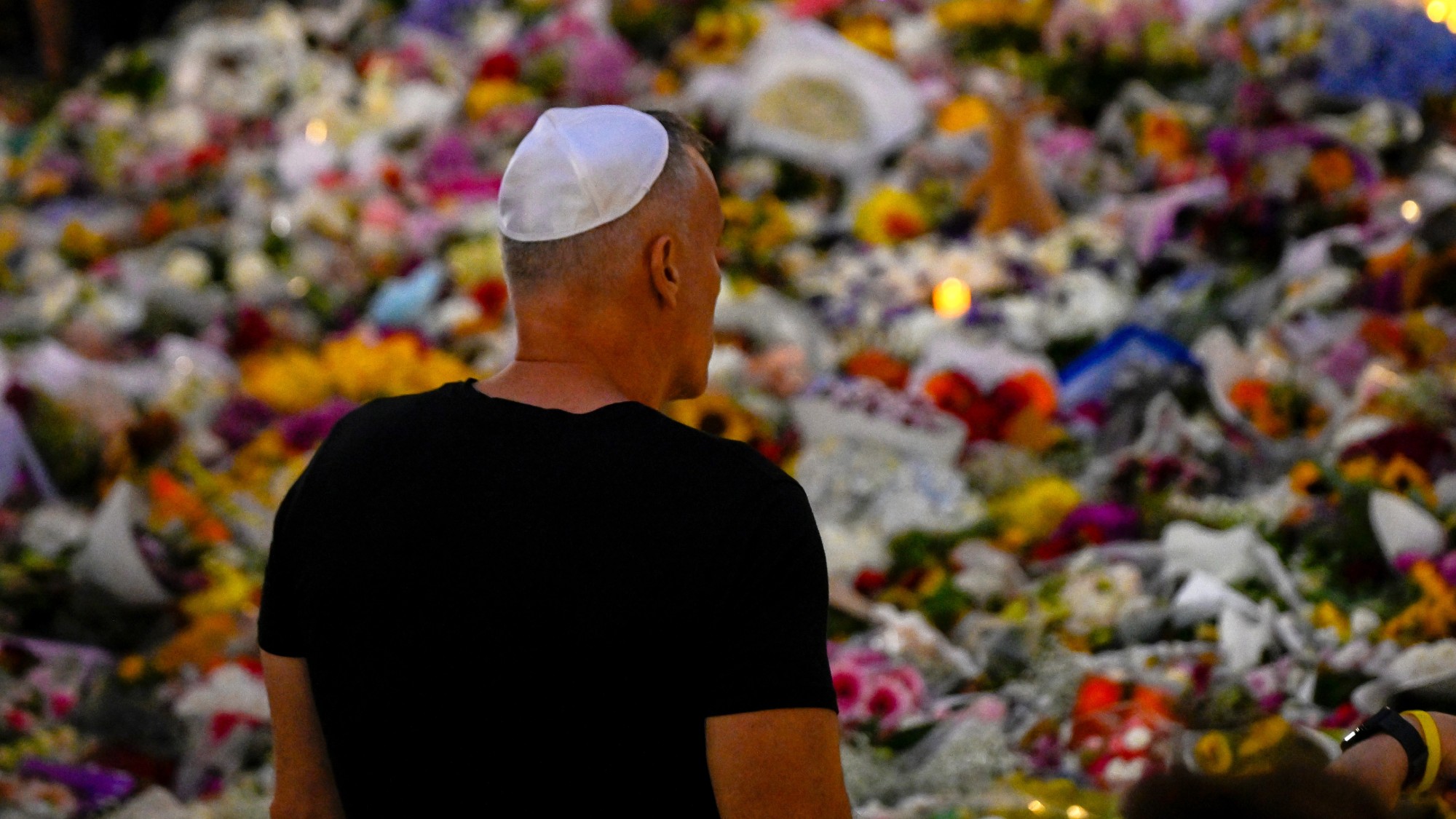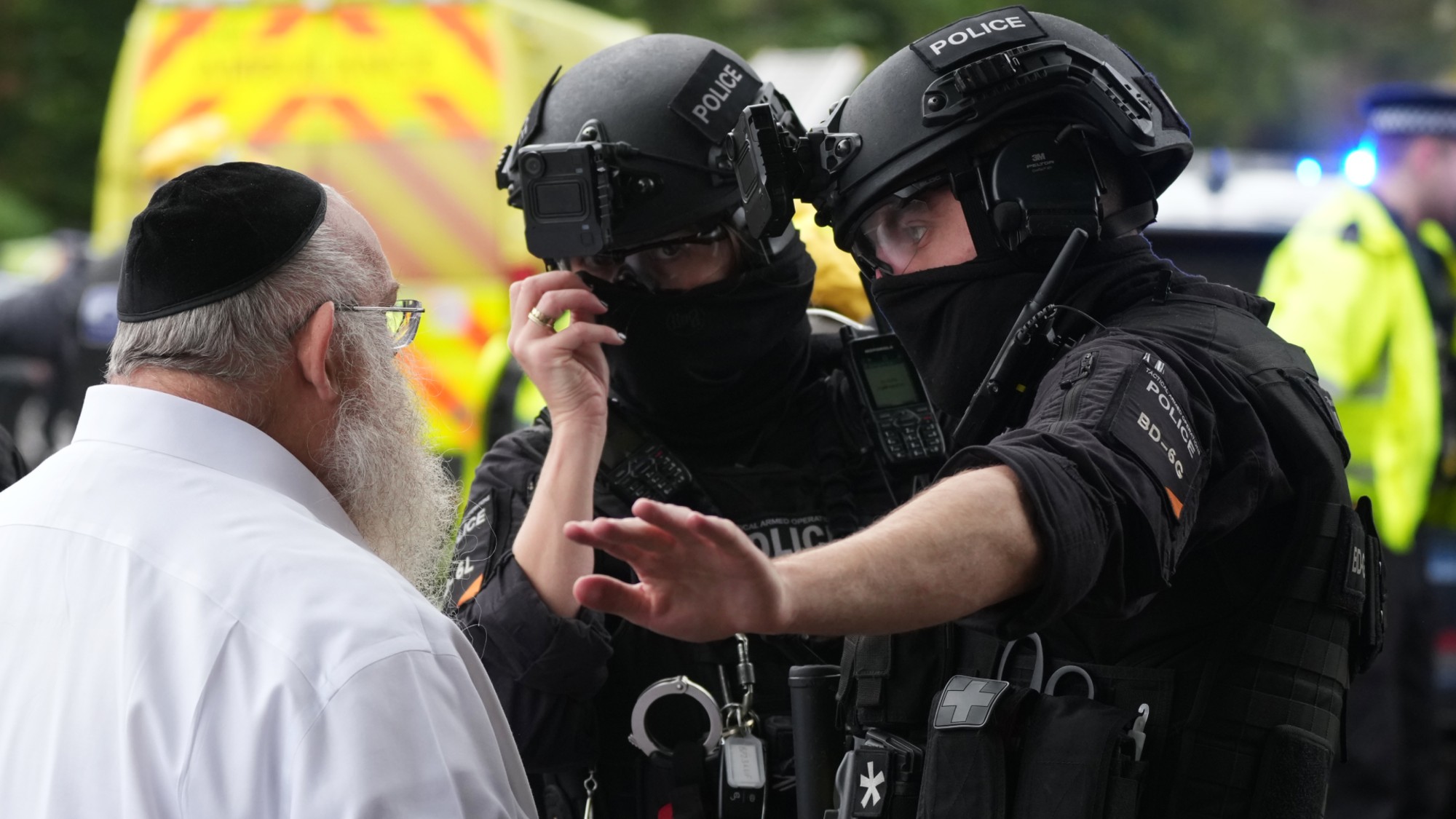How Prince George became an Islamic State target
IS supporter changes plea to admit encouraging jihadists to attack heir to the throne at school

A free daily email with the biggest news stories of the day – and the best features from TheWeek.com
You are now subscribed
Your newsletter sign-up was successful
An Islamic State supporter has admitted to encouraging terrorism by calling for an attack on Prince George at his school, in one of more than 360,000 propaganda and hate messages he posted on social media.
In a dramatic mid-trial reversal, Husnain Rashid pleaded guilty to three counts of engaging in conduct to prepare of terrorist acts, and one count of encouraging terrorism.
As well as admitting to using the encrypted Telegram messaging app to call on IS supporters to target the four-year-old heir to the throne, Rashid also encouraged his followers to poison ice cream, inject cyanide into vegetables at supermarkets, and attack football stadiums, British Army bases and Jewish centres.
The Week
Escape your echo chamber. Get the facts behind the news, plus analysis from multiple perspectives.

Sign up for The Week's Free Newsletters
From our morning news briefing to a weekly Good News Newsletter, get the best of The Week delivered directly to your inbox.
From our morning news briefing to a weekly Good News Newsletter, get the best of The Week delivered directly to your inbox.
The unemployed web designer from Lancashire, who was arrested last November, had offered advice to an IS operative in Syria called “Repunzel” on how to make explosives and shoot down aircraft and was even planning his own online magazine offering tips for “lone-wolf attacks”.
The Crown Prosecution Service also said he had made plans to travel to Turkey and Syria, intending to fight in territories controlled by IS, and had sought advice on how to reach Syria and obtain the authorisation he would need to join a fighting group.
But it is his specific targeting of Prince George that has drawn the most press attention.
Rashid posted the full address of his school in south-west London with a photo of the young prince next to a superimposed silhouette of a jihadi fighter and a message which said: “Even the royal family will not be left alone. School starts early.”
A free daily email with the biggest news stories of the day – and the best features from TheWeek.com
Rashid “went to great lengths to hide his online extremism from the authorities”, says The Guardian.
The encryption on his laptop’s two-terabyte hard drive was so strong that intelligence agencies have been unable to crack it. He hacked into his neighbour’s internet to publish material online and conducted most of his activity on a Samsung smartphone that had no sim card, was on airplane mode and had tape over the camera, which police say was counter-surveillance tradecraft.
The BBC reports that when police finally swooped on his house Rashid hurled a phone containing a “treasure trove” of evidence over a wall into an alleyway.
Following Rashid's revised plea, Judge Andrew Lees said the trial had heard the “most disturbing allegations” and told Rashid a very lengthy prison sentence was “inevitable” and a life sentence would be considered.
He is due to be sentenced at the end of the month.
-
 Political cartoons for February 16
Political cartoons for February 16Cartoons Monday’s political cartoons include President's Day, a valentine from the Epstein files, and more
-
 Regent Hong Kong: a tranquil haven with a prime waterfront spot
Regent Hong Kong: a tranquil haven with a prime waterfront spotThe Week Recommends The trendy hotel recently underwent an extensive two-year revamp
-
 The problem with diagnosing profound autism
The problem with diagnosing profound autismThe Explainer Experts are reconsidering the idea of autism as a spectrum, which could impact diagnoses and policy making for the condition
-
 How the ‘British FBI’ will work
How the ‘British FBI’ will workThe Explainer New National Police Service to focus on fighting terrorism, fraud and organised crime, freeing up local forces to tackle everyday offences
-
 How the Bondi massacre unfolded
How the Bondi massacre unfoldedIn Depth Deadly terrorist attack during Hanukkah celebration in Sydney prompts review of Australia’s gun control laws and reckoning over global rise in antisemitism
-
 Who is fuelling the flames of antisemitism in Australia?
Who is fuelling the flames of antisemitism in Australia?Today’s Big Question Deadly Bondi Beach attack the result of ‘permissive environment’ where warning signs were ‘too often left unchecked’
-
 Ten years after Bataclan: how has France changed?
Ten years after Bataclan: how has France changed?Today's Big Question ‘Act of war’ by Islamist terrorists was a ‘shockingly direct challenge’ to Western morality
-
 Arsonist who attacked Shapiro gets 25-50 years
Arsonist who attacked Shapiro gets 25-50 yearsSpeed Read Cody Balmer broke into the Pennsylvania governor’s mansion and tried to burn it down
-
 Manchester synagogue attack: what do we know?
Manchester synagogue attack: what do we know?Today’s Big Question Two dead after car and stabbing attack on holiest day in Jewish year
-
 The Miami Showband massacre, 50 years on
The Miami Showband massacre, 50 years onThe Explainer Unanswered questions remain over Troubles terror attack that killed three members of one of Ireland's most popular music acts
-
 The failed bombings of 21/7
The failed bombings of 21/7The Explainer The unsuccessful attacks 'unnerved' London and led to a tragic mistake